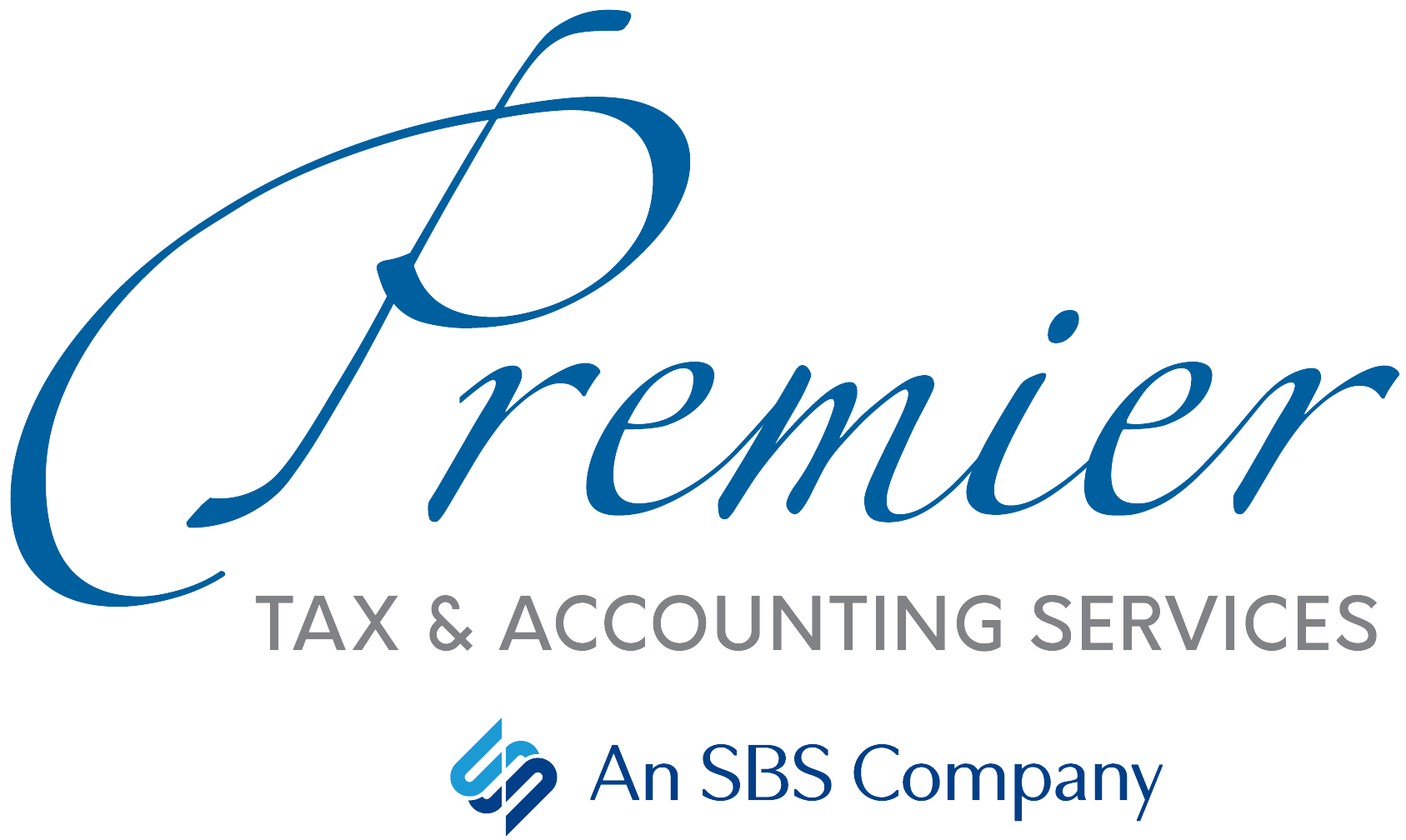December 31 is the deadline to take your required minimum distribution (RMD) for 2021. The RMD is the minimum amount you must withdraw from your retirement plan account annually starting with the year you reach 72 (in most cases). RMD amounts not withdrawn on time may be subject to penalties.
If you reached age 70½ in 2019 (your 70th birthday was June 30, 2019, or earlier), you did not have an RMD due for 2020, but you will have to take one by December 31, 2021. If you reached age 72 in 2021 (and your 70th birthday was July 1, 2019, or later), your first RMD is due by April 1, 2022.
The RMD is based on your account balance and life expectancy, which is calculated based on Uniform Lifetime Table III in Publication 590-B, Distributions from IRAs. You can also use the IRS’s online worksheets to figure your RMD.
RMD Rules Apply If You:
- Have a traditional IRA,
- Have a traditional SEP IRA,
- Have a SIMPLE IRA, or
- Participate in a workplace retirement plan, including a 401(k), Roth 401(k), 403(b) or 457(b) plan.
(Note that Roth IRAs do NOT require distributions while the original owner is alive.)
An IRA trustee or plan administrator will report the amount of the RMD to you, typically using Form 5498. As the IRA owner, you must calculate the RMD separately for each IRA you have. However, you can choose to withdraw the total amount from one or more of the IRAs. In contrast, RMDs required from workplace retirement plans must be taken separately from each plan. Not taking an RMD, or not withdrawing enough, could result in a 50% excise tax on the amount not distributed.
Did you know that you can make a qualified charitable distribution up to $100,000 directly from your IRA (other than a SEP or SIMPLE IRA) to a qualified charitable organization? It’s generally a nontaxable distribution made by the IRA trustee directly to a charitable organization. A qualifying deduction may also count toward your RMD requirement for the year.
2020 RMD Rules
Due to Covid tax law changes, an IRA owner or beneficiary who received an RMD in 2020 had the option of returning it to their account or other qualified plan to avoid paying taxes on that distribution. A 2020 RMD that qualified as a coronavirus-related distribution may be repaid over a 3-year period or have the taxes due on the distribution spread over three years. A 2020 withdrawal from an inherited IRA could not be repaid to the inherited IRA but may be spread over three years for income inclusion.
Tax Checklist Coming Soon
With the many tax changes over the past year, we expect another challenging tax season. So look for our checklist — coming next year — to help you gather your files and paperwork for us to prepare your taxes.
We’re taking tax appointments now if you’re a new client or have major changes to your taxes. Plan ahead and call 706-632-7850 to reserve your spot. Note that you do NOT need an appointment for us to handle your tax preparation — you can just drop off your files when you’re ready.
Money Brief: Out-of-pocket Classroom Expenses May Be Deductible
If you’re a teacher, chances are you dip into your own pocket to buy classroom supplies. And those expenses can add up fast. Fortunately, you may be able to deduct $250 of unreimbursed expenses ($500 for two educators filing jointly) on your federal tax return.
You qualify for the deduction if you:
- Are a teacher (K-12), instructor, counselor, principal or aide.
- Work at least 900 hours during the school year.
- Work in a school that provides elementary or secondary education.
Qualified expenses include:
- Professional development courses.
- Books, supplies and supplementary materials.
- Computer equipment and software.
- Athletic supplies for health and physical education.
- Personal protective equipment, disinfectant and other supplies used for the prevention of the spread of coronavirus.
IRS Video Tip:
Find out if you need to fill out a new Form W-4 to make sure you’re having enough federal tax withheld from your paycheck. For more information, go to https://www.irs.gov/withholding.



